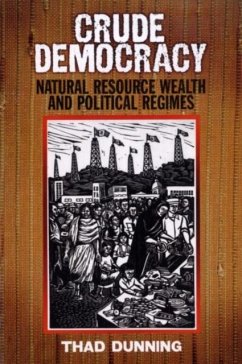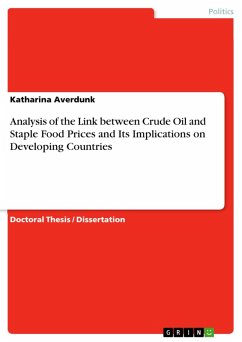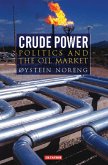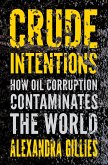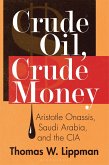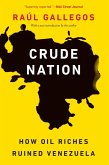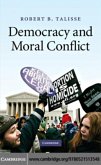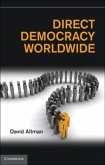This book challenges the conventional wisdom that natural resource wealth promotes autocracy. Oil and other forms of mineral wealth can promote both authoritarianism and democracy, the book argues, but they do so through different mechanisms; an understanding of these different mechanisms can help elucidate when either the authoritarian or democratic effects of resource wealth will be relatively strong. Exploiting game-theoretic tools and statistical modeling as well as detailed country case studies and drawing on fieldwork in Latin America and Africa, this book builds and tests a theory that explains political variation across resource-rich states. It will be read by scholars studying the political effects of natural resource wealth in many regions, as well as by those interested in the emergence and persistence of democratic regimes.
Dieser Download kann aus rechtlichen Gründen nur mit Rechnungsadresse in A, B, BG, CY, CZ, D, DK, EW, E, FIN, F, GR, HR, H, IRL, I, LT, L, LR, M, NL, PL, P, R, S, SLO, SK ausgeliefert werden.

